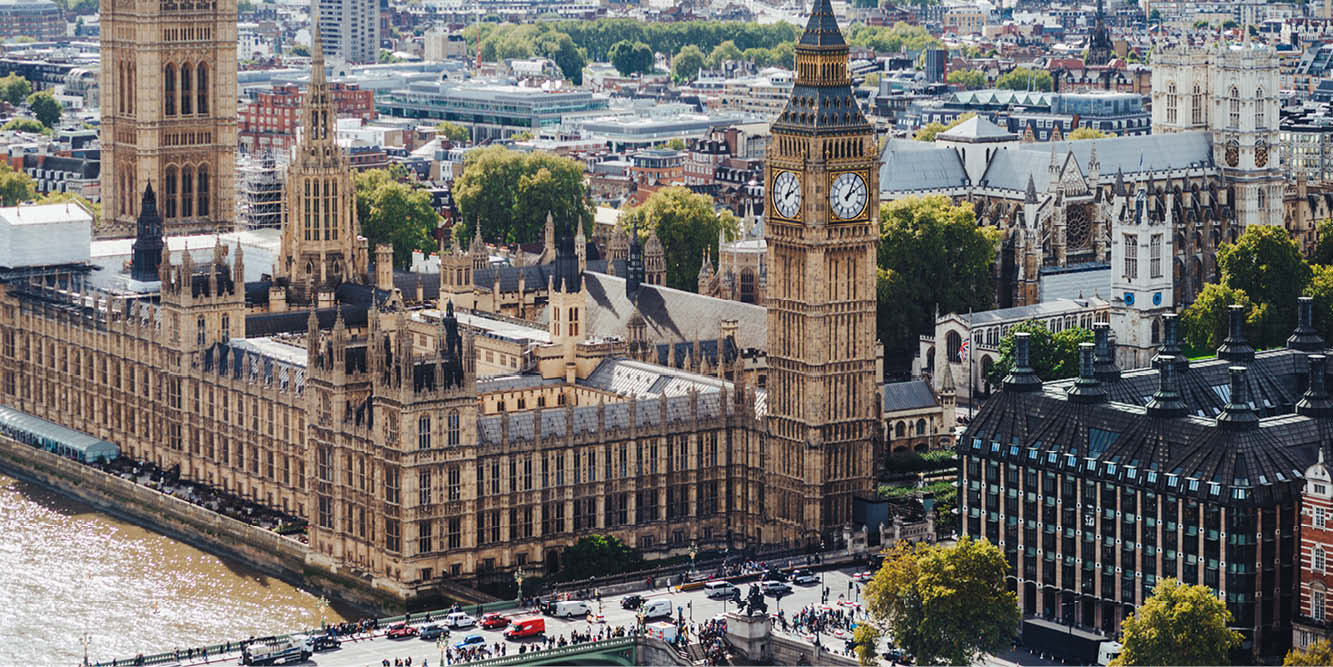-
Corporate Finance and Deal Advisory
We offer a dedicated team of experienced individuals with a focus on successfully executing transactions for corporates and financial institutions. We offer an integrated approach, with our corporate finance specialists working seamlessly with tax and other specialists to ensure that every angle is covered.
-
Digital Risk
Grant Thornton offers solutions to the digital risk issues you are sure to face. Our skilled and experienced security team can helping by advising and consulting, giving you peace of mind, clear value for money and an enhanced ability to react to attacks.
-
Technology Consulting
Motivating and assisting our clients to pursue, maintain and secure the benefits of digital solutions is at the core of our Digital Transformation teams' agenda and goals. We work with business leaders to deliver efficient digital strategies and operating models that provide new or enhanced capabilities.
-
Economic Advisory
Our all-island Economics Advisory team combines expertise in economics and business with a wealth of experience across the public and private sectors.
-
Forensic Accounting
We have a different way of doing business by delivering real insight through a combination of technical rigour, commercial experience and intuitive judgment. We take pride in delivering responsive and tailored solutions to all our clients, capitalising on the wealth of experience housed within our Belfast and wider Forensics team
-
People and Change Consulting
The Grant Thornton People & Change Consulting practice works with clients on these issues as well as on all aspects of how they attract, retain, engage develop, deploy and lead their people.
-
Restructuring
We work with a wide variety of clients and stakeholders such as high street banks, private equity funds, directors, government agencies and creditors to implement solutions which provide the best possible outcomes.
-
Corporate and International Tax
Northern Ireland businesses face further challenges as they operate in the only part of the UK that has a land border with a country offering a lower tax rate.
-
Employer Solutions
Our team specialises in remuneration and incentive planning and works closely with employers, shareholders and employees to ensure that business strategies are aligned and goals achieved in the most tax efficient, cost-effective manner.
-
Entrepreneur and Private Client Taxes
Our team of experienced advisors are on hand to guide you through any decision or transaction ranging from the establishment of new business ventures, to realising value on exit, to succession planning and providing for loved ones.
-
Global Mobility Services
Grant Thornton offer a different approach to managing global mobility. We have brought together specialists from our tax, global payroll, people and change and financial accounting teams across Ireland and Northern Ireland, while drawing on the knowledge and insights of our global network of over 143 offices of mobility professionals to provide you with a holistic approach to managing global mobility.
-
Outsourced Payroll
Our outsourced service provides valued service to over 150 separate PAYE schemes. These ranging from 1 to 1000 employees, working for micro, SME and global employers. The service is supported by the integrated network of tax and global mobility teams and the wider Grant Thornton network delivering a seamless service. Experienced staff deliver a personal service built around your business needs.
-
Tax Disputes and Investigations
Our Tax Disputes and Investigation team is made up of tax experts and former HMRC investigators who have years of experience in dealing with a variety of tax investigations. Our expertise and insight can guide you through all interactions, keeping your cost at a minimum while allowing you to continue with the day to day running of your business.
-
VAT and Indirect Taxes
At Grant Thornton (NI) LLP, our team helps Northern Ireland businesses manage their UK and global indirect tax risks which, as transactional taxes, can quickly become big liabilities.

Subscribe to our mailing list
Update your subscriptions for Grant Thornton publications and events.
For this annual event, the Chancellor provides an update the state of the UK economy and recent forecasts, spending plans, and estimates of how much the government will need to borrow. It is also an opportunity for announcements on changes to the UK tax system.
There has already been some speculation about certain tax announcements given that tax receipts have been strong this year resulting government borrowing for 2023/24 being lower than originally forecast. This perhaps would allow the Chancellor to make selective tax cuts going into next year – which is likely to be an election year. There are however some headwinds facing the Chancellor with public pay settlements likely to increase spending next year and thereafter, the higher cost of financing government debt due to higher interest rates and challenges
Rather than comment on, or add to, this speculation, I am going to outline the issues that I would like to see the Chancellor cover in his statement.
Firstly, in respect of taxation I would like the Chancellor to address the freezing of the basic rate band up until 2025/26 and the clawback of child benefit. The current rules are resulting in higher tax receipts for the government as more people pay income tax at the higher 40% rate of income tax, particularly due to pay rises provided by employers seeking to help staff manage current cost of living pressures. Included in this are employees on middle manager wages (c£50,000). Many of these employees, if they have children, are also having to deal with the clawback of child benefit which can create marginal income tax rates of c60% plus. I would like to see the Chancellor provide some relief for taxpayers at this level with the removal of the provisions to clawback child benefit (or have it apply at much higher levels of income) and restart the indexation of the basic rate band for income tax.
Whilst the income tax personal allowance is also frozen until 2025/26 and will increase the number of taxpayers in the UK, it was made significantly more generous by the government from 2011/12 onwards – it increased by amounts significantly in excess of annual inflation from £7,475 in 2011/12 to £12,500 in 2019/20. There were concerns at the time that by increasing the personal allowance so significantly the government was reducing the UK tax base. By freezing the personal allowance from 2021 to 2026, the government is again having to widen the tax base to improve annual tax receipts.
Another area of taxation that I would like to see the Chancellor acting upon would be to announce that full expensing of capital expenditure for tax purposes, allowing companies to secure an immediate tax benefit from investment, would be made permanent. In the March budget the Chancellor introduced full expensing but only for the next three years and made a statement that his ambition would be for it to be made permanent. This could provide certainty and confidence to business to make important investment plans, something would be of long term benefit to the UK economy and productivity.
Looking beyond taxation measures I would like to see the Chancellor commission the development of a comprehensive plan for delivering sustainable growth for the UK economy over the medium to long term. It is not helpful that next year is an election year and it would have been better if the government had started work on this earlier. But that is no reason to delay. In January of this year, the Chancellor outlined a vision for encouraging further investment in five key growth sectors which are Digital Technology, Green Industries, Life Sciences, Advanced Manufacturing and Creative Industries.
What is required is a comprehensive and ambitious plan for the growth of these sectors, with a commitment that future government policy across all departments will be aligned to this plan with opportunities for innovation identified and prioritised. Areas of focus could include linking the NHS and its data with the Life Sciences sector and using digital technology to deliver public services more efficiently.
Crucial to this will be investment in skills development, both in traditional sectors and in sectors which are new and developing (data analytics, process automation, artificial intelligence, etc). This is an issue for the whole UK economy and a particular issue for Northern Ireland where there are far too many people leave education with no skills or qualifications. What is needed is a package of measures including funding and other support to enable employers to source and deliver skills development.
A clear statement from the Chancellor now about developing concrete plans for the future sustainable growth of the UK economy will provide much needed direction and confidence to business and providers of capital, both in the UK and internationally.
It will be interesting to see what the Chancellor actually announces tomorrow and check back to see whether any of the above points are properly dealt with. The track record of Chancellors in the UK in delivering measures to support long term development or tax fairness is however not encouraging.

